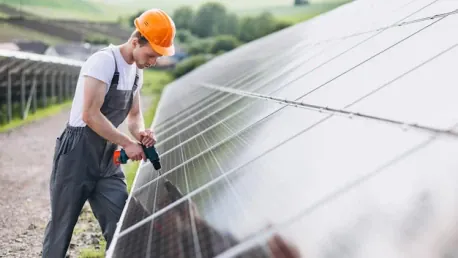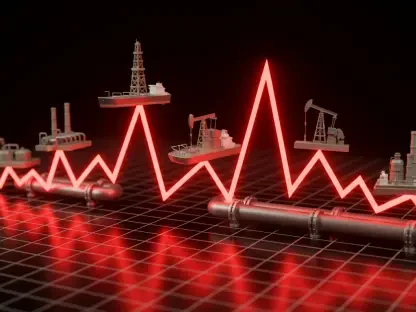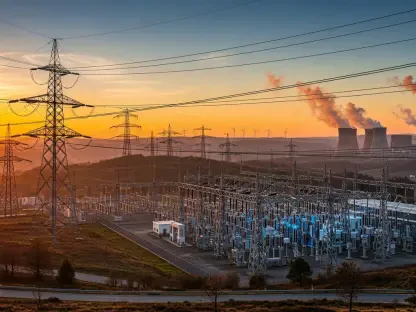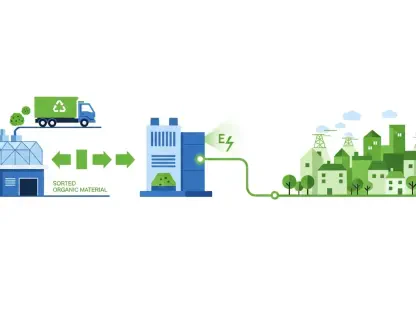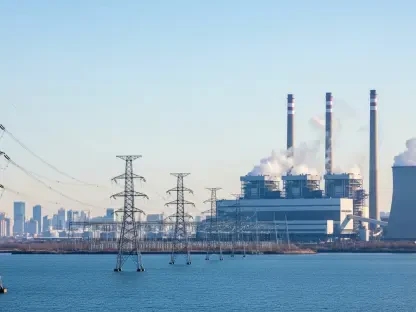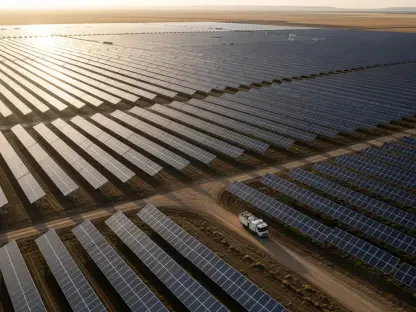As Greece embraces its historical legacy of innovation, it has taken a notable step forward in environmental sustainability with the installation of the first solar panel recycling machine in Southeast Europe. The machine, introduced by the company Katheris in Heraklion, Crete, marks a significant advancement in the region’s approach to managing photovoltaic (PV) waste. This technology is essential given the projected rise in PV waste, expected to reach millions of tons in the next few decades. Despite the intrinsic value of materials such as silver, silicon, aluminum, and copper, successful recycling has faced various challenges, with landfilling remaining a common yet detrimental practice.
Addressing Photovoltaic Waste Challenges
Photovoltaic waste is becoming an increasing issue due to the widespread adoption of solar power systems and the consequent disposal of aging PV modules. Currently, global solar power capacity stands at 2 TW, hinting at an inevitable surge in the need for robust recycling solutions. Traditional recycling methods often involve merely crushing or pulverizing panels, leading to the loss of valuable raw materials and an inefficient practice known as downcycling. This is where Katheris’ efforts make a significant impact; the company’s solar panel recycling machine presents a more efficient and resource-conserving approach to dealing with PV waste.
The recycling machine introduced by Katheris not only aims to mitigate environmental damage but also conserves valuable materials by recycling PV panels through more sophisticated processes. The company highlights the imperative to develop a recycling market, as the current low cost of landfilling, coupled with insufficient electronic waste regulations, impedes progress. Through the adoption of advanced recycling technology, Katheris strives to address these shortcomings, ensuring a more sustainable future for the renewable energy sector.
Expanding Recycling Capabilities for Sustainability
The significance of Katheris’ initiative extends beyond Greece, emphasizing the need for reliable recycling solutions to manage the anticipated growth in PV waste. The energy-intensive process of purifying silicon and manufacturing other materials necessitates efficient recycling practices, which are crucial for sustainable solar panel production. The installation of this machine aligns with broader regional efforts to enhance sustainability in solar energy, such as Romania’s grant program for the solar panel industry, which includes funding for recycling initiatives.
By expanding recycling capabilities and focusing on resource conservation, Katheris sets a precedent for other Southeast European countries. This initiative underscores the importance of comprehensive recycling markets in promoting environmental sustainability and resource optimization. The adoption of such technology will play a pivotal role in addressing the inefficiencies of current waste management practices and inspire other regions to invest in innovative solutions for tackling electronic waste effectively.
Towards a Sustainable Future
Greece is honoring its historical legacy of innovation with a significant stride in environmental sustainability. The country has installed the first solar panel recycling machine in Southeast Europe, a noteworthy advancement. Developed by Katheris and located in Heraklion, Crete, this machine represents a major shift in the region’s approach to managing photovoltaic (PV) waste. This technology is increasingly crucial as the amount of PV waste is expected to surge to millions of tons over the next few decades. Given the high value of materials like silver, silicon, aluminum, and copper, efficient recycling is essential. However, the recycling process has faced numerous hurdles, often resorting to landfilling, which is harmful to the environment. With this new machine, Greece is not only addressing an impending waste crisis but also paving the way for more sustainable practices in solar energy. This step aligns with global environmental goals and demonstrates Greece’s commitment to innovation and conservation.
